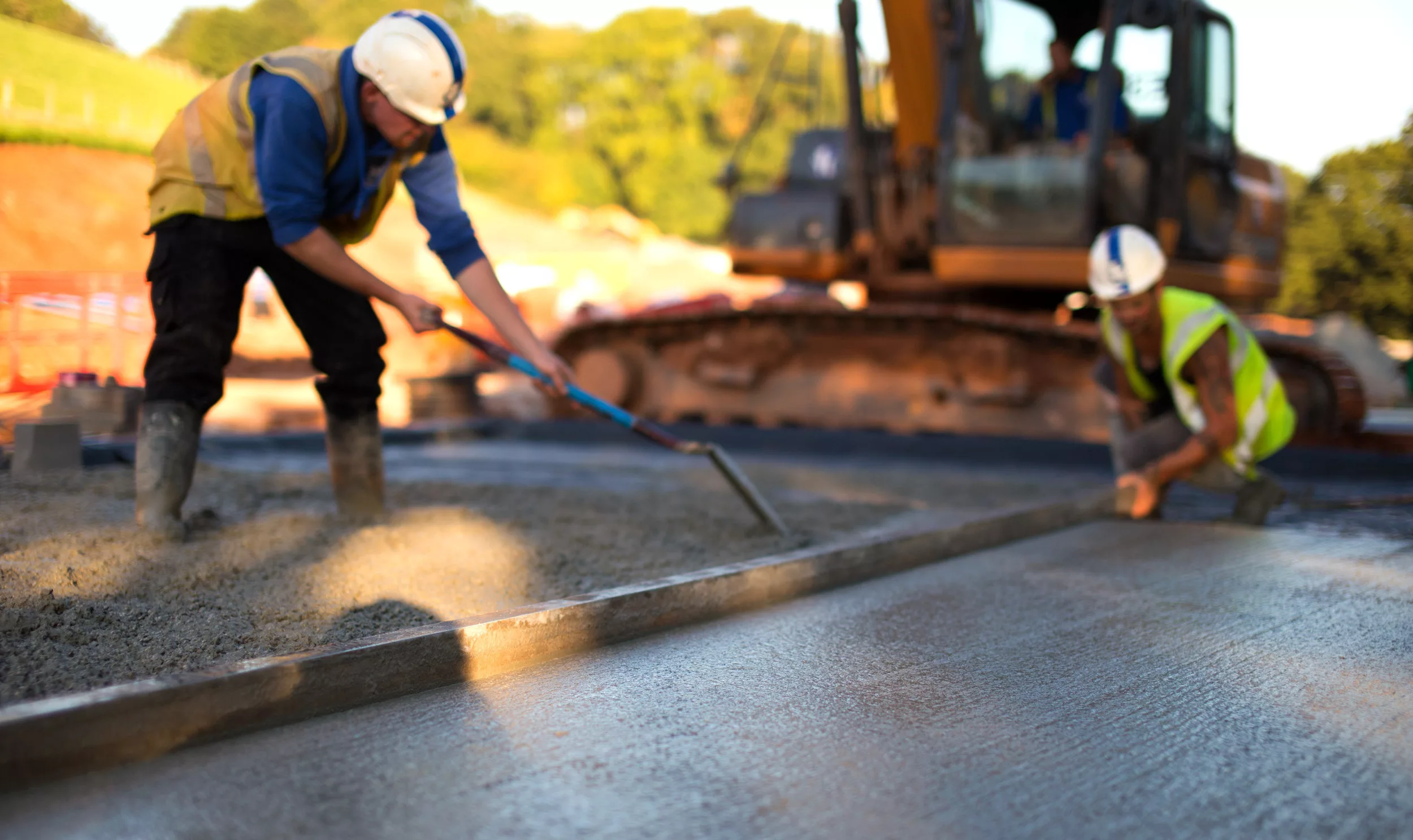
When was the last time you did some decluttering? If you’re planning a move, it might be the perfect moment to take the plunge and streamline your possessions. A thorough decluttering before a move can save you valuable time and energy on both ends of your relocation and significantly impact your finances. Why? Well, the quantity of items you transport directly affects the cost of your move.
Wichita, a city known for its warm hospitality and rich cultural heritage, is home to around 396,000 residents. It is the largest city in Kansas and has a beautiful country charm. Interestingly, many people migrate from Wichita for new adventures and opportunities, so decluttering is a popular practice here.
You’re in the right place if you’re seeking guidance on staying organized, efficient, and stress-free during the decluttering process. This blog will discuss five tips for decluttering your home before moving day.
Let’s get started!
- Make A Plan:
Plan your move strategically by visiting your new space armed with a 25-foot tape measure. Mapping out the furniture arrangement ahead of time can reveal any oversized pieces that won’t fit, allowing you to sell, donate, or give them away before the move. It’s also an opportunity to identify what furniture or storage solutions you might need for the new space and ensure you purchase the right sizes.
If you’re moving from Wichita, you might want to ensure you have proper measurements of your new home. This will help you ensure you don’t take things that won’t fit the dimensions of your new home. When hiring Wichita movers, you’ll also save a significant sum of money, which you can dedicate to buying new things for your new home.
As you plan, smaller items like side tables and lamps can be packed first since they often find a place regardless of the floor plan. Take note of existing storage options, like built-ins and closets, to determine where your belongings will go. This assessment can help you decide if any closet renovations or additional shelving and bins are necessary – always measure before purchasing.
While not every detail needs to be finalized, aim to have an 80% grasp of your new space’s layout, with the finer points addressed after the move. Planning in advance can streamline your transition and make settling into your new home smoother.
- Start with Less Frequently Used Things:
It’s a good idea to start with those rooms and things you use less frequently when beginning the challenging chore of decluttering before a move. Starting with memorabilia or items with much emotional value can be draining and intimidating. Instead, start off slowly by cleaning up areas like the garage, attic, or basement where you’ve kept things that aren’t as useful daily.
This strategy accomplishes several objectives. First of all, it enables you to gradually gather decluttering momentum while allowing you time to carefully consider each thing. Usually, you’ll have to give up a sizable chunk of these lesser-used possessions. Second, it teaches you how to assess the worth and function of your belongings, which facilitates future decisions.
As you decide what to keep and what to discard in these locations, you may also pack the items you wish to save into boxes or containers. By reducing disturbance to your daily activities in the other parts of the house, this multitasking technique ensures a more manageable and less unpleasant decluttering approach overall.
- Make Piles:
The power of piles has the potential to completely alter your decluttering process. Sort your belongings into various piles, each with a specific function, to make the process move more quickly. As you organize your possessions, take into account these useful piles:
- Keep: Items have sentimental or practical worth that you want to keep in your life.
- Garbage: Items damaged beyond repair or use should be properly disposed of as trash.
- Shred: This pile is set aside for private information and sensitive documents that require secure destruction.
- Donation: Donate anything in good condition that you no longer need but can be valuable to someone else.
- Sell: Items with worth that can be sold for a profit, allowing you to earn extra money.
- Store: Things you wish to keep but don’t need immediately, frequently seasonal or occasional possessions.
- Recycle: Look at the objects in this pile to see whether they can be reused or recycled into new products to reduce waste.
You’ll efficiently declutter and be able to make judgments regarding each item’s future by using this methodical technique and categorizing your stuff, which will ultimately result in a more organized and functional living area.
- Start Early:
Giving yourself ample time is crucial when preparing to declutter for a move. Starting early, ideally three months before your move, allows for thoughtful and well-informed decisions. Rushing through the decluttering process often leads to regrets. By initiating the process as soon as you contemplate moving, you can ensure that only items you truly want accompany you to your new home.
If you find yourself behind schedule, professionals can assist. It’s advisable to schedule regular decluttering sessions in your calendar and strategize which areas to tackle. Establish achievable goals and reasonable timeframes to make the process more manageable. Planning and executing decluttering with time on your side minimizes stress and maximizes the chances of bringing only belongings that serve a purpose in your new home.
- Avoid Buying Groceries:
Reduce your spending and the amount of stuff coming into your home, particularly food, as your move date draws near. Your kitchen, fridge, and pantry are probably organized if you painstakingly decluttered each room. Your food stock should be reduced right now.
One or two days before the relocation, perform one last inspection. Get rid of anything that has gone bad or won’t travel properly, including frozen meals. Use the same logic regarding other commodities like cleaning supplies and toiletries. You can lessen the volume of possessions you need to move to your new house by choosing not to acquire more things and making the most use of the ones you already have. This makes moving easier while also assisting you in minimizing clutter.
Bottom Line:
All in all, effective decluttering is crucial before a move. Measure your new home before you begin, and avoid decluttering sentimental items initially. Start with less used places and build velocity gradually. Sort objects into piles for better organization. To make informed judgments and prevent bringing unneeded items, start early, roughly three months before the relocation. Finally, as your relocation date approaches, cut back on expenditures, especially groceries. Cleaning out your pantry and kitchen can simplify the process, reduce clutter, and make your relocation easier to handle.







